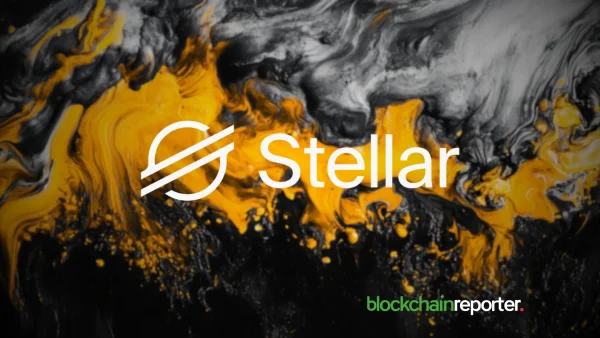
The global banking industry is grappling with unprecedented challenges, and critics have been quick to point out its failure to adapt to the rapidly evolving financial landscape. One notable target of scrutiny in recent times has been Tether, a prominent player in the cryptocurrency market. Tether today released a blog post, examining the challenges faced by the banking sector and Tether’s commitment to high-quality principles amidst ongoing scrutiny.
Banking Industry Struggles to Adapt
The traditional banking sector, often seen as the bedrock of the global financial system, has found itself increasingly outpaced by the changing dynamics of the modern economy. As financial markets evolve at breakneck speed, traditional institutions have been criticized for their inability to meet the evolving needs of their customers effectively.
A recent report by the Wall Street Journal (WSJ) has repeatedly cast a shadow over the cryptocurrency industry, particularly focusing on Tether. Critics argue that this relentless focus on Tether’s operations has detracted from the broader conversation about the challenges facing traditional banking institutions.
Tether’s Commitment to Innovation
Tether, a leading stablecoin provider, has stated that it has consistently demonstrated its commitment to innovation and maintaining a high level of security for its users. Despite facing ongoing scrutiny, Tether has amassed more than $3.3 billion in excess reserves. This surplus has been strategically accumulated to minimize secure loan exposure, ensuring that Tether remains a stable and secure financial instrument for its users.
For those with a basic understanding of financial markets, Tether states that it is clear that its actions are in line with prudent financial management. By holding a significant excess of $3.3 billion in equity, with projected annual profits of $4 billion, Tether effectively offsets its secured loans while retaining substantial profits within its balance sheet. This approach not only ensures the stability of the Tether coin but also highlights the company’s unwavering commitment to its users’ security.
Dissecting Stablecoins and Dispelling Misconceptions
The scrutiny directed at Tether calls for a more nuanced understanding of how stablecoins function. Stablecoins, like Tether (USDT), are designed to maintain a stable value by pegging them to a reserve of assets such as the US dollar. Tether’s actions in amassing excess reserves and prudently managing its finances demonstrate its commitment to maintaining this stability.
Furthermore, Tether states that these actions dispel any misconceptions regarding Tether’s security. Critics have questioned the stability and security of stablecoins, but Tether’s proactive approach to risk management showcases its dedication to protecting its users and maintaining the stability of its coin. Amidst ongoing scrutiny, questions arise about the motives behind the relentless focus on Tether. Some speculate that such scrutiny may be driven by ulterior motives, with critics possibly attempting to manipulate tabloid-style reporting to cater to entrenched interests in the traditional financial sector.
Overall, the banking industry is undeniably facing significant challenges in adapting to the changing financial landscape. While scrutiny of cryptocurrencies like Tether is essential, it is equally important to address the broader challenges faced by traditional banking institutions. Tether’s commitment to innovation and security is a testament to its role as a key player in the evolution of global finance, and it remains steadfast in its mission to provide a stable and secure digital currency option for users worldwide.









